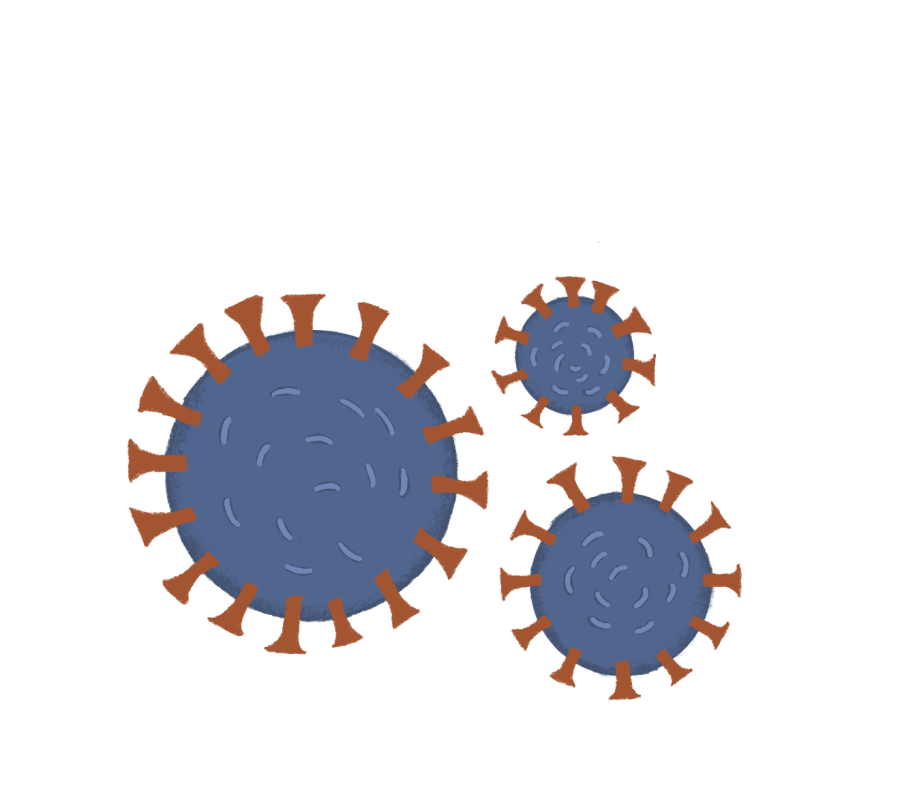Health officials warn of “triple threat” amidst sickenesses for upcoming winter months
December 16, 2022
As the fall season progresses, winter brings crisp air and chilly holidays, but it also means the flu season is just around the corner. This year, health officials have predicted a worse-than-average infectious respiratory disease over the winter months. A dangerous combination of Respiratory Syncytial Virus (RSV), influenza (flu) and COVID brings a triple threat that is rushing patients to their local clinics.
Hospitals are overflowing again with patients that have RSV. Arriving earlier than usual, the annual virus that occurs mainly in infants and young children typically gives cold-like symptoms, but can cause serious lung infections. The virus’s behavior has altered since the lockdown and social distancing caused a decline in population immunity. Young children and elderly people are primarily at risk, opening up possibilities for an increased spread of RSV this winter.
Along with that, new strains of the Omicron variant SARS-CoV-2 have been identified to have a stronger resistance against the vaccine that was released last year. Behavioral changes in the virus may result in some countries seeing an increase in COVID infections. However, scientists have updated the bivalent booster vaccines, hoping to protect people against infections caused by the new variants. Although most public areas have returned to normal, COVID is contagious and face masks are recommended for the winter months.
Around mid-October, the Centers for Disease Control (CDC) detected early increases in flu activity. Lack of exposure to the flu as a result of the pandemic and social distancing is thought to be the main reason for a strong return of the virus. Individuals who have not been exposed to the flu or taken the vaccine may have fewer antibodies against it, stimulating its spread.
In an interview with The Wolf, Tualatin High sophomores Andrew Gerlach and Keawe Middleton shared their experiences with the viruses.
“I woke up with a sore throat. I had congestion and was not feeling well. The second day I had a high temperature fever, and it took about three more days after the fever to die down and almost go away. Even after that day, I still had a cough over Thanksgiving break.”
Middleton also shared his experience when he was sick.
“I had a cough, the chills, a stuffy nose, and also had a fever for one day. I was just really tired and fatigued. I was sick for about a week, but then started feeling better after that.”
Health administrators warn us about a surge in cases, as the three viruses coincide with each other. The vaccines for COVID and influenza still offer the best protection, and everyone is urged to receive them, especially those classified as high risk.


